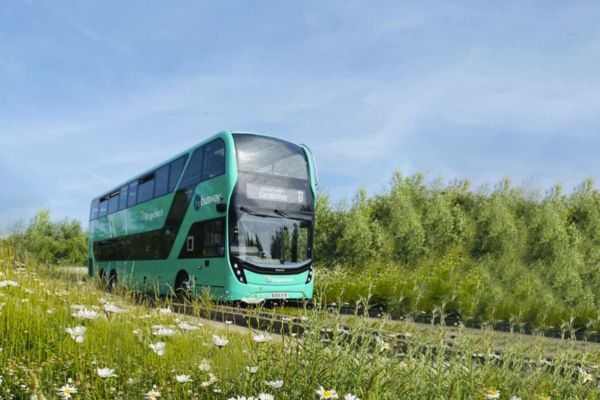Street noise
Street noise includes amplifiers or machinery in the street, if they are considered to be causing a noise nuisance.
For machinery involved in road works, however, the law does not consider it a nuisance if it can be proved that it is the best practicable means to carry out the work.
Car alarms on stationary vehicles can be investigated, but we have no enforcement powers over moving vehicles.
The police can take action against excessive engine noise or over-loud stereos.
Loud music
Most of the complaints we receive are about loud music from houses and flats.
Not everybody appreciates the same level of music, particularly if it prevents them from sleeping.
Please try to keep music to a reasonable level, especially at night or when your doors and windows are open.
Remember that sound travels through walls and ceilings, too - especially if the sound insulation is not very good.
To help reduce sound levels, you might consider isolating your speakers from the floor.
In the event of serious and persistent noise disturbance, we have the power to seize and retain noise-making equipment.
Musical instruments
You must accept that you will hear some sound from a neighbouring property. The practice of musical instruments would generally be considered to be normal domestic living noise.
However, we recognise that the practice of musical instruments can cause annoyance to neighbouring properties, so we offer the following guidance.
It's always best to approach your near neighbours to make them aware that you intend to play your musical instrument. Try to agree specific times when they don’t mind you playing your music. Talking to your neighbours might help to avoid complaints.
Where no agreement is reached, the following guidelines should be followed and only apply to the playing of one instrument.
- do not practice or play music for more than one hour in any one day
- keep windows and doors closed
- do not practice after 8pm or before 8am, Monday to Friday, or before 10am on Saturdays, Sundays and bank holidays
- do not practice outside timescales previously agreed with your neighbours
If you’re unable to follow these recommendations, you should practice in another location, further from your neighbours.
Please note that this is guidance only. Adherence to the guidance does not necessarily mean that the practice of the instrument does not constitute a noise nuisance. Likewise, non-adherence to the guidance would not necessarily mean that the practice of the instrument constitutes a noise nuisance.
Loud voices and banging
Noise can travel through the fabric of a building, particularly loud voices and impact noises such as door slams. Be mindful of the closeness of your neighbours, especially if you live in a flat or other adjoining property.
Intruder, fire and car alarms
For further information about noise from alarms, read the audible intruder, fire and car alarms page.
Noise from DIY
We often get complaints about DIY as this can be very noisy.
If you intend to carry out DIY, please inform your neighbours in advance. Avoid DIY in the early morning or evening when neighbours may be trying to sleep.
Barking dogs
Most dogs bark for a short time occasionally. Usually it’s in response to another dog walking by, or a squirrel in the garden. We are unable to help in these instances.
If you are being disturbed by persistent barking, try to talk to the dog owner if you feel comfortable to do so. They might not be aware that their dog is causing a problem.
If that does not help, consider using the neighbourhood resolution panel scheme. It can help settle disputes by encouraging the parties to work together to find a meaningful resolution.
If you are unable to resolve the issue through either of these methods, read report a noise issue to find out how we investigate noise complaints. See also:
Read our dogs pages for advice about lost and stray dogs, dog fouling or dog control issues.
Public entertainment
All public entertainment events are licensed by the council to promote national licensing objectives, including public safety and the prevention of public nuisance.
Licences may have conditions attached to them to achieve this.
More information can be found in our licences and permits section.
Noise-reduction guides
If you are planning an event that might cause a lot of noise, or are thinking of busking in the city centre, these guides offer advice on how to minimise the chances of anybody wanting to complain:
Building sites
Construction sites can be a major source of pollution such as noise, pollution, dust and smoke.
- Read more about noise and pollution on construction sites.
Businesses
Businesses must be able to show that they are using the best practicable means of preventing a noise nuisance.
If a potential noise problem is identified, it may be necessary for officers to monitor the situation and determine if work practices or the machinery used are adequate.
This may include pilers, drills, generators, compressors, etc.
We also investigate complaints about noise nuisance caused by vehicle movements, music, noisy fans and air handling equipment.



